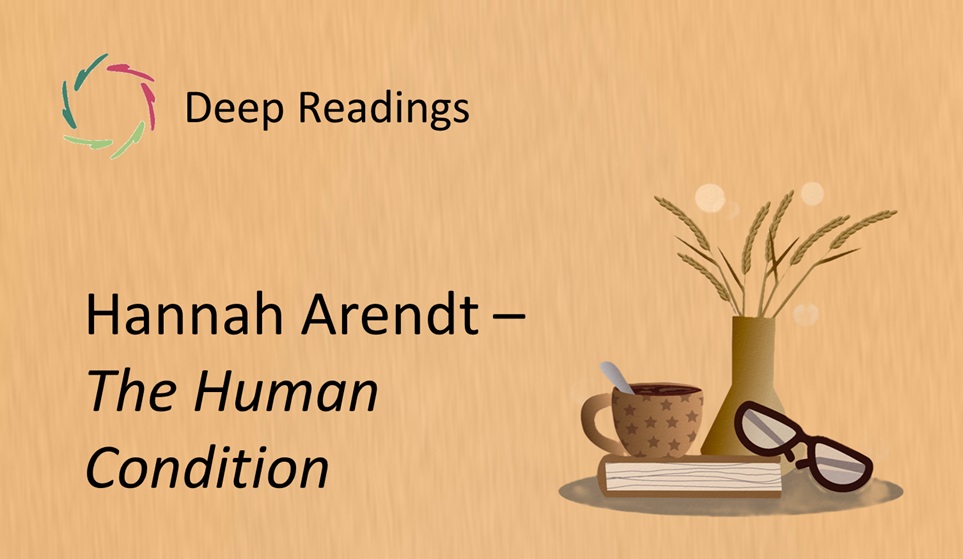Deep Readings: Hafiz ― Selected Poems ― (14th c.)

The Fragment
“I wish I could show you when you are lonely or in darkness the astonishing light of your own being.”
(Public domain, popular rendering via Sacred Texts)
Contextual glimpse
Hafiz (also Hafez) was a 14th-century Persian poet revered for his ecstatic, mystical verses. Deeply influenced by Sufism, his poems often move fluidly between divine longing and human love, between celebration and stillness. This fragment is widely quoted in English, especially through renderings by Daniel Ladinsky, though not always from direct translations.
Whether or not these exact words appear in the Persian canon, they reflect a spirit unmistakably Hafizian: one of loving invitation, of seeing the sacred in the ordinary, and of reminding others of their unseen light.
Resonance
This line is a candle held out from one soul to another. It speaks not from above, but beside — not as teacher, but as friend. The speaker sees your hidden brightness even when you cannot.
The contrast is essential: loneliness, darkness — these are not denied. They are acknowledged as real. But within them lives a paradox: not the absence of self, but a buried radiance. The wish to show is not to fix or change you, but to awaken a recognition already inside.
The word “astonishing” turns the inner light into something not only gentle but awe-inducing. You are not simply good or capable — you are luminous. And this may surprise even you. It’s not self-improvement that’s needed, but self-revealing.
Why this may also be about you
Perhaps there are moments when you feel alone — not just in place, but in presence. In such moments, you may forget your own depth.
But the light is there, even then. This line is Hafiz reaching across time to remind you: look inward, and don’t be afraid of what you’ll see.
Lisa’s inspired, original idea about this fragment
What if loneliness isn’t the absence of others, but the absence of your own light seen clearly?
Imagine your being like a room in twilight. Now, imagine someone entering — not to turn on a lamp, but to open a window.
Echoes
This line has become widely shared in spiritual communities, therapy spaces, meditation circles, and grief support. Its voice is often mistaken as modern, but that’s part of its power — it crosses centuries as if the poet were still alive, whispering.
In this way, Hafiz has become a companion to many. The line lives on less as literature and more as presence — a kind of emotional talisman. Its endurance shows what true poetry can do: not just be quoted, but quietly carried.
Inner invitation
Close your eyes. Recall a moment you felt unseen — by others, or by yourself.
Now, imagine Hafiz beside you, smiling gently, saying these words. Not to instruct, but to affirm.
Let this fragment live inside you for a while — like a soft lantern you forgot you were holding.
Closing note
This is about the human being you are — not in need of being fixed, but simply reminded.
There is already light. You are already glowing.
Lisa’s final take
He didn’t give you the light. He noticed it.
Keywords
Hafiz, mysticism, light, loneliness, self, presence, inner being, affirmation, poetry, darkness, soul, invitation, healing, remembrance, Sufism


